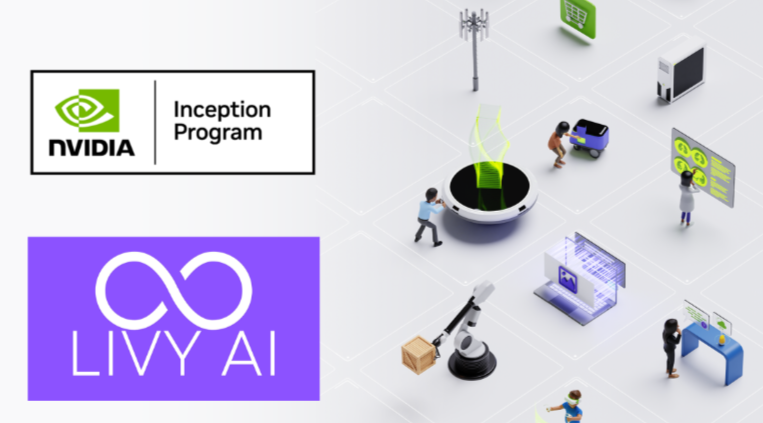
In the rapidly evolving world of Artificial Intelligence (AI), the lines between reality and virtuality are becoming increasingly blurred. With AI's ability to generate hyper-realistic replicas of human voices and likenesses, the ethical and legal implications of such advancements have come under scrutiny. Enter the "No Fakes Act," a groundbreaking piece of legislation that promises to redefine the landscape of AI, creativity, and screenwriting.
Understanding the "No Fakes Act"
The "No Fakes Act," formally known as the Nurture Originals, Foster Art, and Keep Entertainment Safe Act, is a bipartisan initiative aimed at curbing the unauthorized use of AI in generating voice and likeness replicas of individuals. This legislation emphasizes the paramount importance of consent, ensuring that any AI-generated replica must have the explicit approval of the person being replicated.
However, the Act isn't absolute. It provides exclusions for representations protected under the First Amendment, such as sports broadcasts, documentaries, biographical works, and content meant for comment, criticism, or parody. Furthermore, posthumous rights to an individual's likeness will remain with the executors or heirs for 70 years after the individual's passing.
Industry Reactions and Implications
The Screen Actors Guild‐American Federation of Television and Radio Artists (SAG-AFTRA) has expressed strong support for the bill, emphasizing the intrinsic value of a performer's voice and appearance. On the other hand, the Motion Picture Association (MPA) stresses the importance of First Amendment rights, advocating for a balanced approach.
The bill introduces federal IP protections that safeguard voice and likeness performances, setting a precedent for digital rights in the AI era. This legislation has the potential to reshape the entertainment industry, tech giants, and public figures' approach to AI-generated content.
Livy.AI: Empowering Creatives Within Legal Boundaries
At Livy.AI, we recognize the transformative power of AI in the realm of creativity and screenwriting. Our platform is designed to empower creatives, providing them with cutting-edge AI tools that enhance their craft while ensuring they operate within the confines of the law.
The "No Fakes Act" underscores the importance of ethical considerations in AI advancements. Livy.AI is committed to creating a tool that not only amplifies the creative process but also respects and abides by the rules of law. By ensuring that our AI tools are compliant with such legislation, we aim to foster an environment where creatives can innovate without fear of legal repercussions.
In Conclusion
The "No Fakes Act" is a testament to the need for a harmonious relationship between technological advancements and ethical considerations. As AI continues to push the boundaries of what's possible in the realm of creativity and screenwriting, it's imperative that we tread this path with caution, respect, and a keen sense of responsibility.
With platforms like Livy.AI leading the charge, the future of AI in screenwriting looks promising, offering endless possibilities while ensuring that the rights and identities of individuals are protected.

